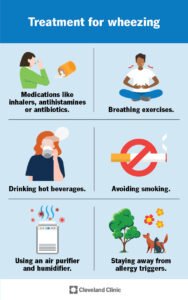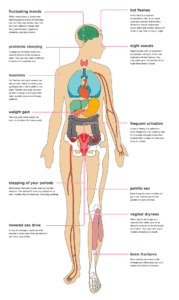Options If You’re Pregnant With No Maternity Insurance
Options If You’re Pregnant Without Maternity Insurance
Understanding Your Situation
If you’re expecting and don’t have health insurance, it’s natural to feel uncertain or overwhelmed. This guide will walk you through your health coverage options and how your pregnancy might make you eligible for insurance programs that you normally couldn’t access.
ACA and Employer-Based Health Plans That Cover Maternity Care
Enrolling Through the ACA Marketplace
Under the Affordable Care Act (ACA), all major health plans must cover maternity care. You can enroll in a marketplace plan during the annual Open Enrollment Period, which typically runs from November 1 to January 15 in most states.
Accessing Employer-Sponsored Plans
If you or your partner have access to an employer-sponsored plan, you may be able to enroll during the company’s specific open enrollment period. These periods vary and may not align with the calendar year.
If you’re under 26, you may also qualify for coverage through a parent’s employer-sponsored plan.
What If You’re Pregnant Outside the Open Enrollment Window?
Special Enrollment Periods (SEPs)
A Special Enrollment Period may allow you to enroll outside of the normal window if you experience a qualifying life event. Unfortunately, pregnancy is not considered a qualifying event in most states.
However, some states do consider pregnancy a qualifying event for marketplace plans:
New York, New Jersey, Maryland, Connecticut, Vermont, Maine, Colorado, Rhode Island, and Washington, DC
Giving Birth as a Qualifying Event
While pregnancy might not qualify you for enrollment, the birth of a child does. This allows both the newborn and the parent(s) to enroll in a health plan. In these cases, coverage can be backdated to the baby’s birth or adoption date, but any care received before that won’t be covered.
Alternatives When You’re Pregnant Without Coverage
Visit Your Local Health Department
Start by reaching out to your local health department. Many public health agencies offer low-cost or free prenatal care, especially for those with limited income. Even if you don’t qualify for services, they can guide you to additional resources.
Find a Community Health Center
Community Health Centers provide affordable care, including prenatal services, with costs based on your income. These centers don’t offer health insurance but do give access to essential services without the full financial burden of private care.
Can Medicaid Help You While Pregnant?
Medicaid Eligibility for Pregnant Individuals
Medicaid is a government program that provides health coverage to low-income individuals and covers over 40% of all U.S. births. If you qualify, it may even cover prenatal care you received before applying.
Eligibility is generally higher for pregnant individuals, and your unborn baby counts as a family member, which raises the income limit you can qualify under.
Medicaid Enrollment Is Open Year-Round
Unlike ACA or employer plans, Medicaid enrollment is available anytime throughout the year.
Here’s what you should know:
States set income limits based on a percentage of the federal poverty level (FPL).
For pregnant individuals, Medicaid eligibility can range from 133% to 375% of FPL, depending on the state.
A standard 5% income disregard is also applied to most cases, effectively raising the eligibility threshold.
Medicaid for Non-Citizens
Medicaid typically requires legal residents to have been in the U.S. for at least five years. However, 31 states allow legally present pregnant immigrants to apply regardless of how long they’ve been in the U.S.
Once enrolled, you’ll usually receive postpartum coverage for 12 months after birth, even if your financial situation changes.
CHIP Coverage for Pregnant Individuals
CHIP Goes Beyond Just Children
The Children’s Health Insurance Program (CHIP) mainly covers uninsured children but also offers coverage for pregnant women in several states, including:
Colorado, Missouri, New Jersey, Rhode Island, Virginia, and West Virginia
CHIP generally allows higher income thresholds than Medicaid, making it a great option if you don’t qualify for Medicaid but still can’t afford private insurance.
Frequently Asked Questions (FAQ)
Can I get health insurance if I’m already pregnant?
Yes. All ACA-compliant plans cover pregnancy, and you cannot be denied coverage due to a pre-existing condition like pregnancy.
Is prenatal care covered immediately?
Once your plan takes effect, routine prenatal care is fully covered under ACA rules. However, services like ultrasounds or delivery may involve copays or deductibles.
Will my baby be covered after birth?
Yes. If you’re enrolled in Medicaid, your newborn is automatically eligible. With other plans, you must add the baby to your policy—this can usually be done under a Special Enrollment Period triggered by birth.
Expert Tips for Managing Care Without Insurance
Apply early for Medicaid or CHIP to avoid delays.
Compare community resources—many offer sliding-scale prenatal care.
Keep records of your appointments in case retroactive coverage becomes available.
If you’re between enrollments, look into short-term health insurance (note: these usually don’t cover maternity, but may help with unrelated emergencies).






